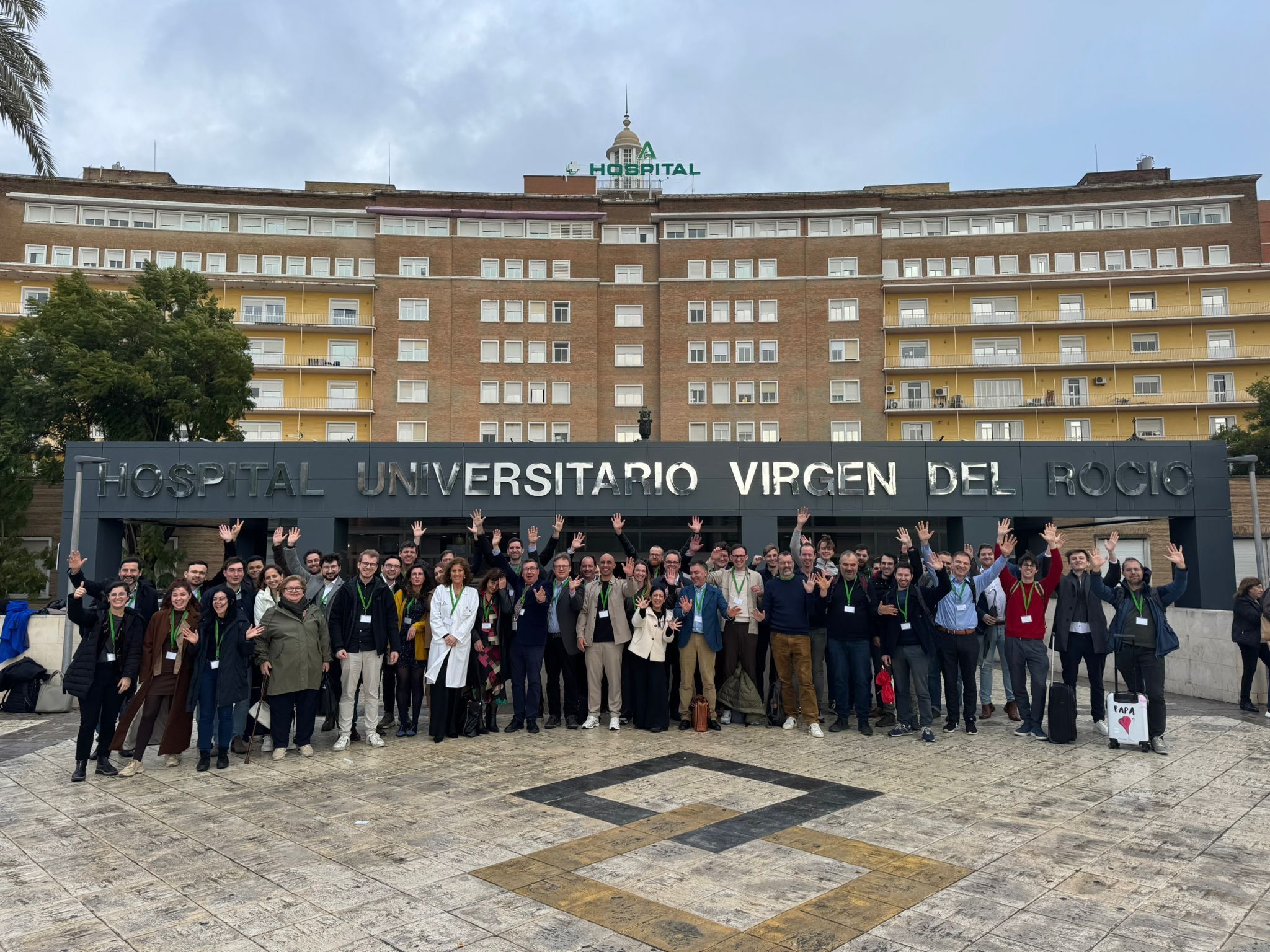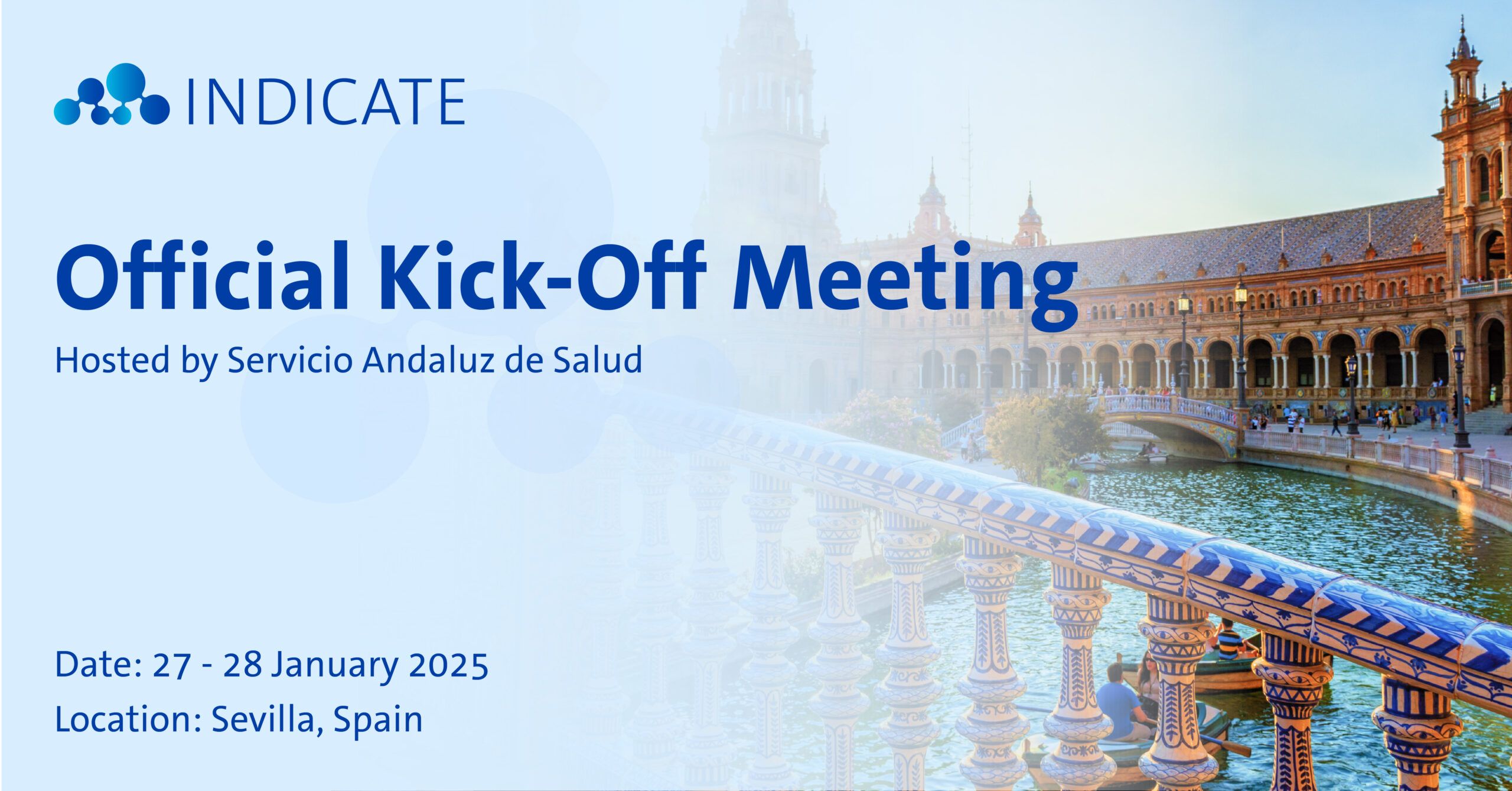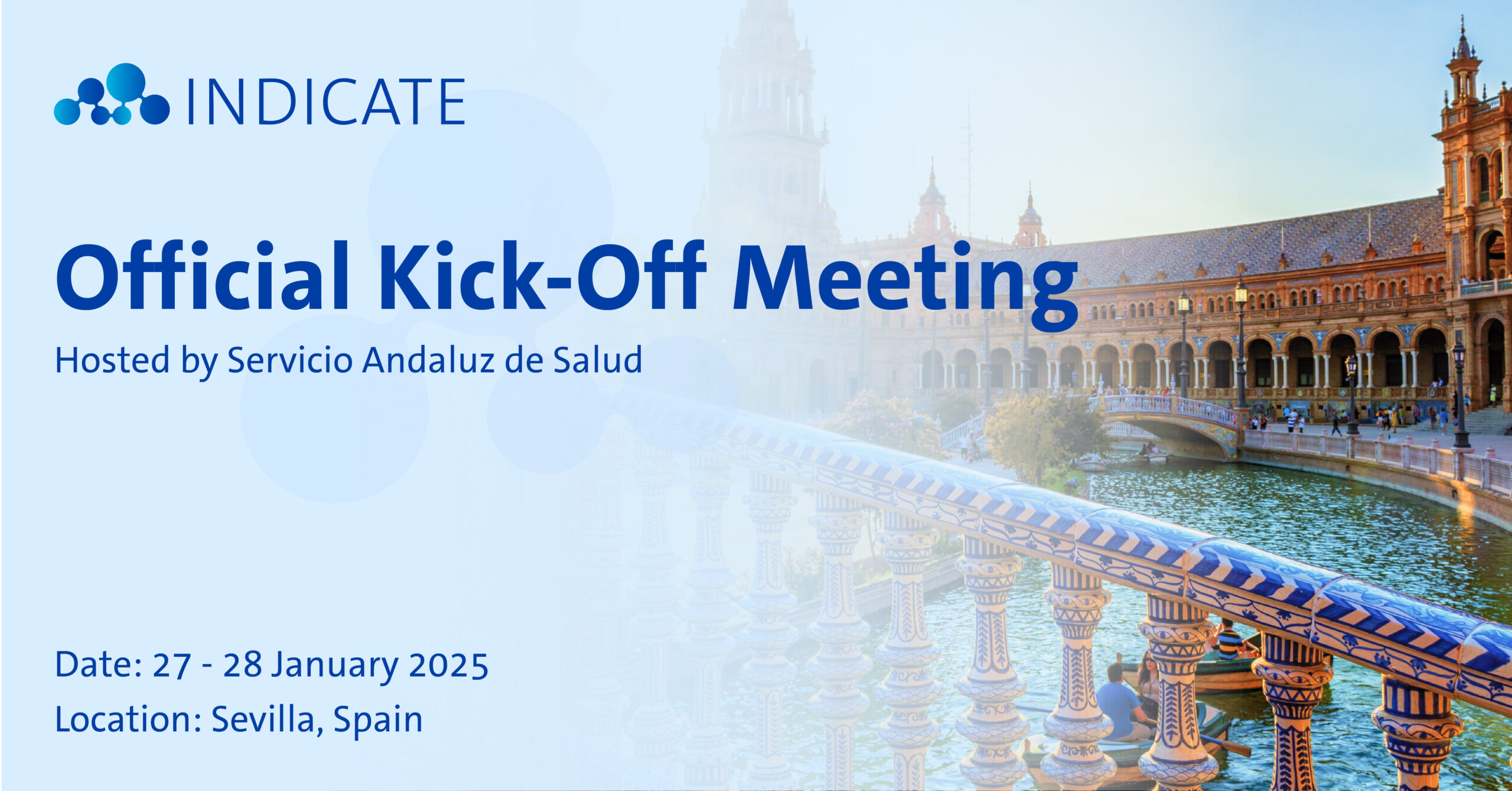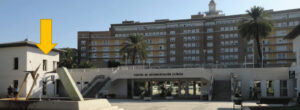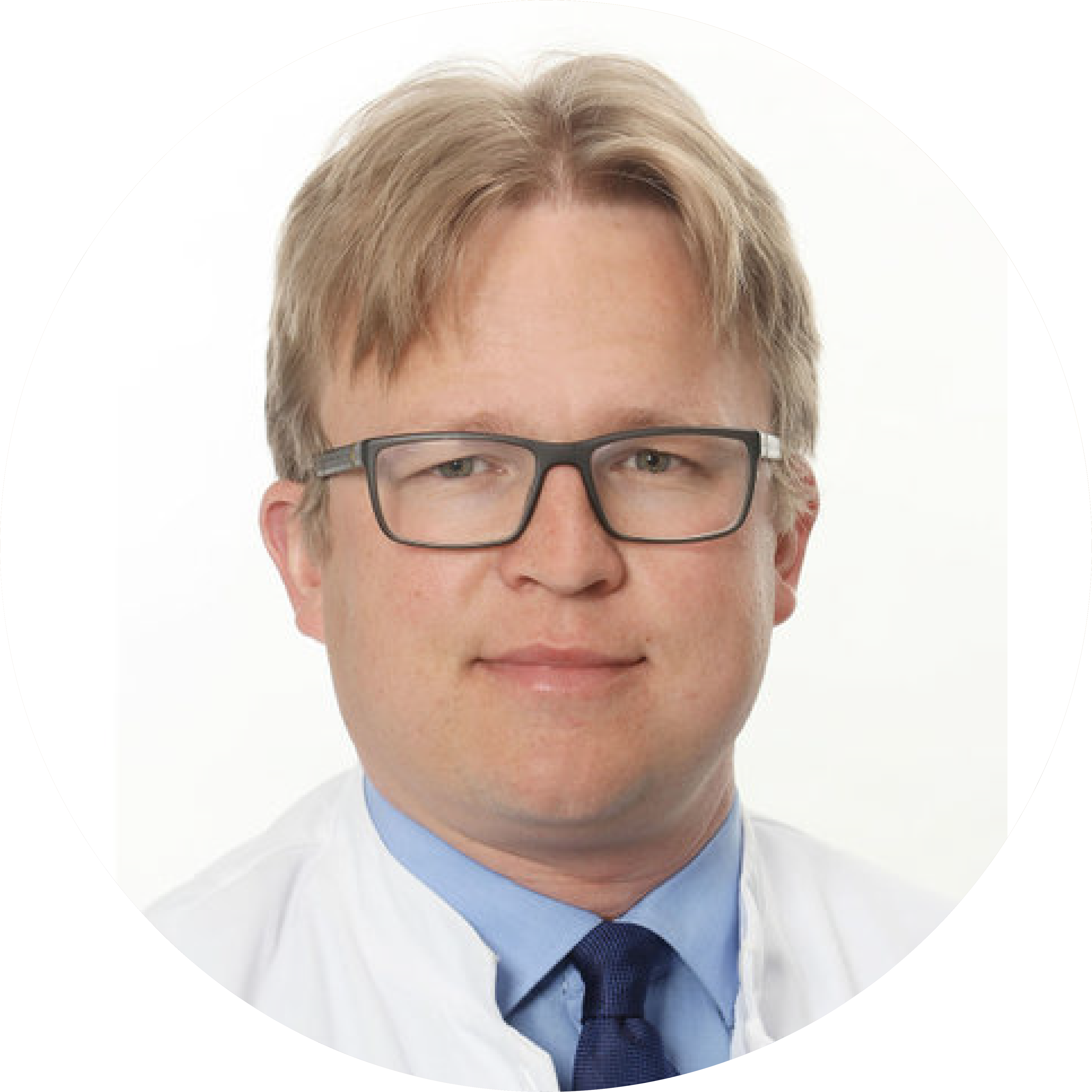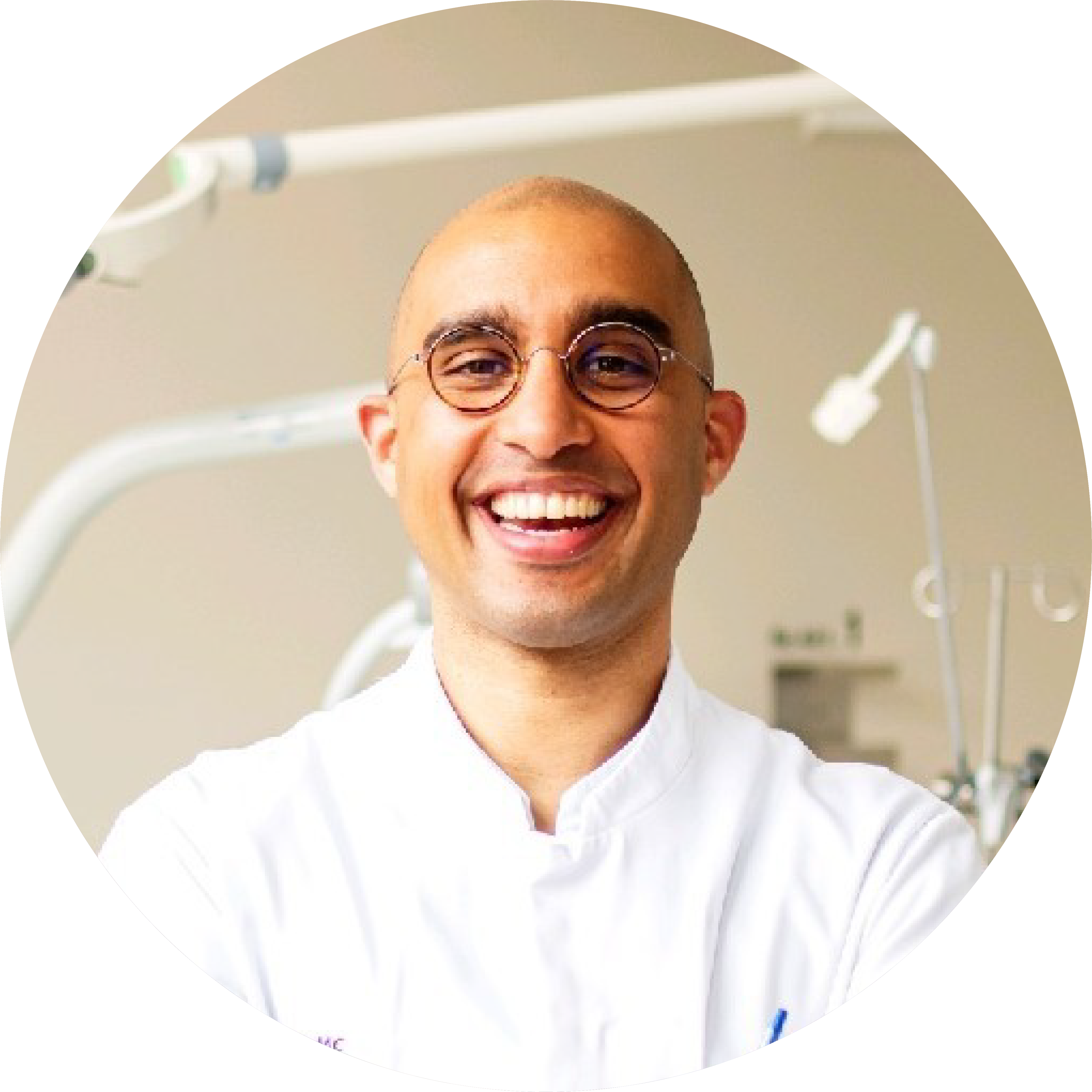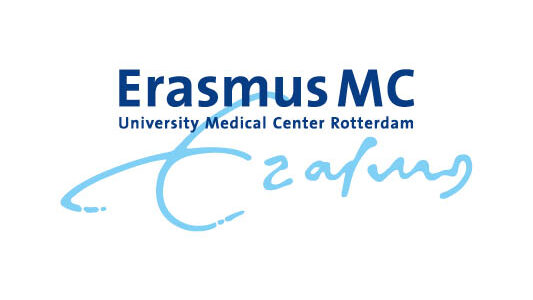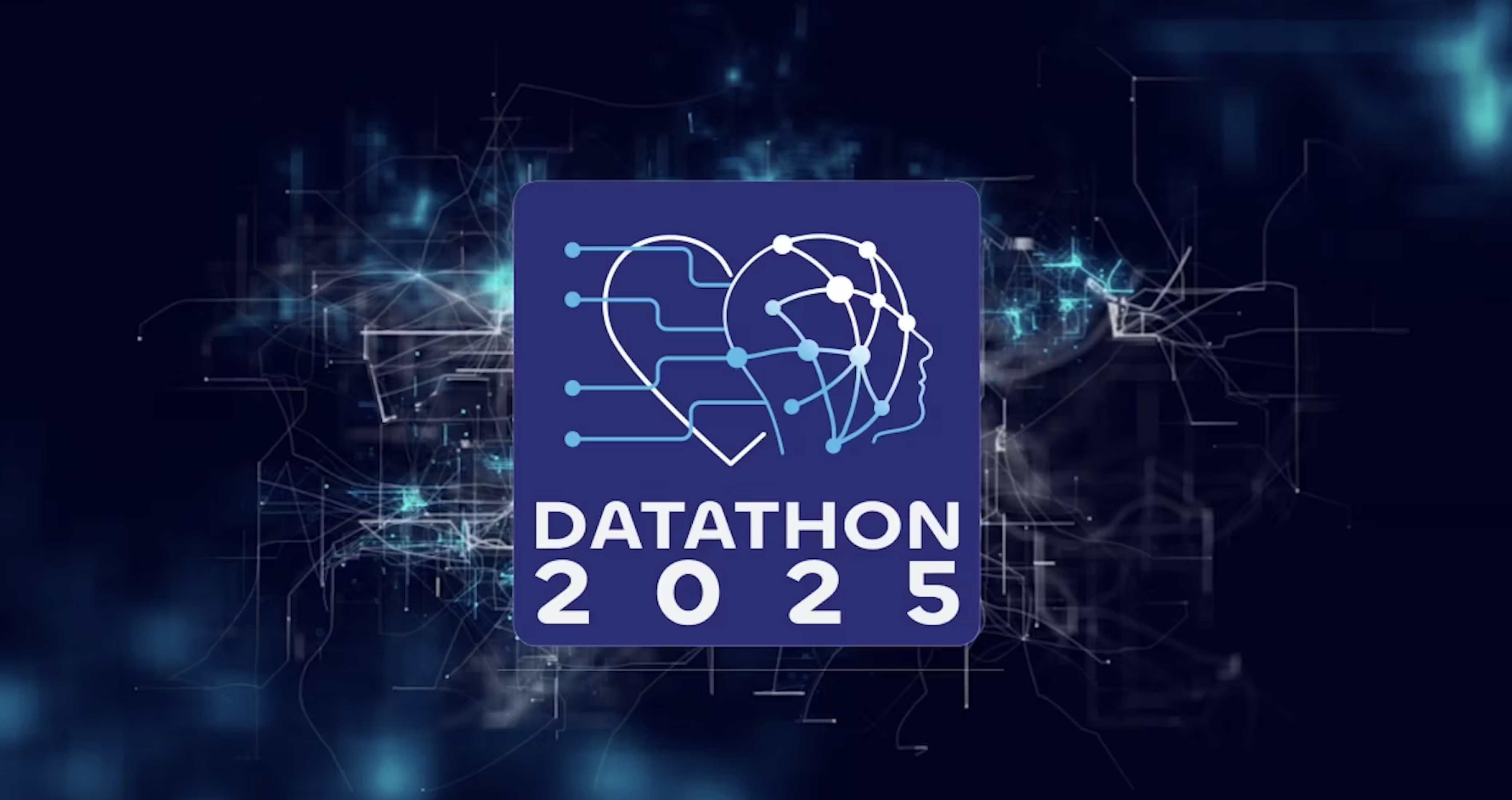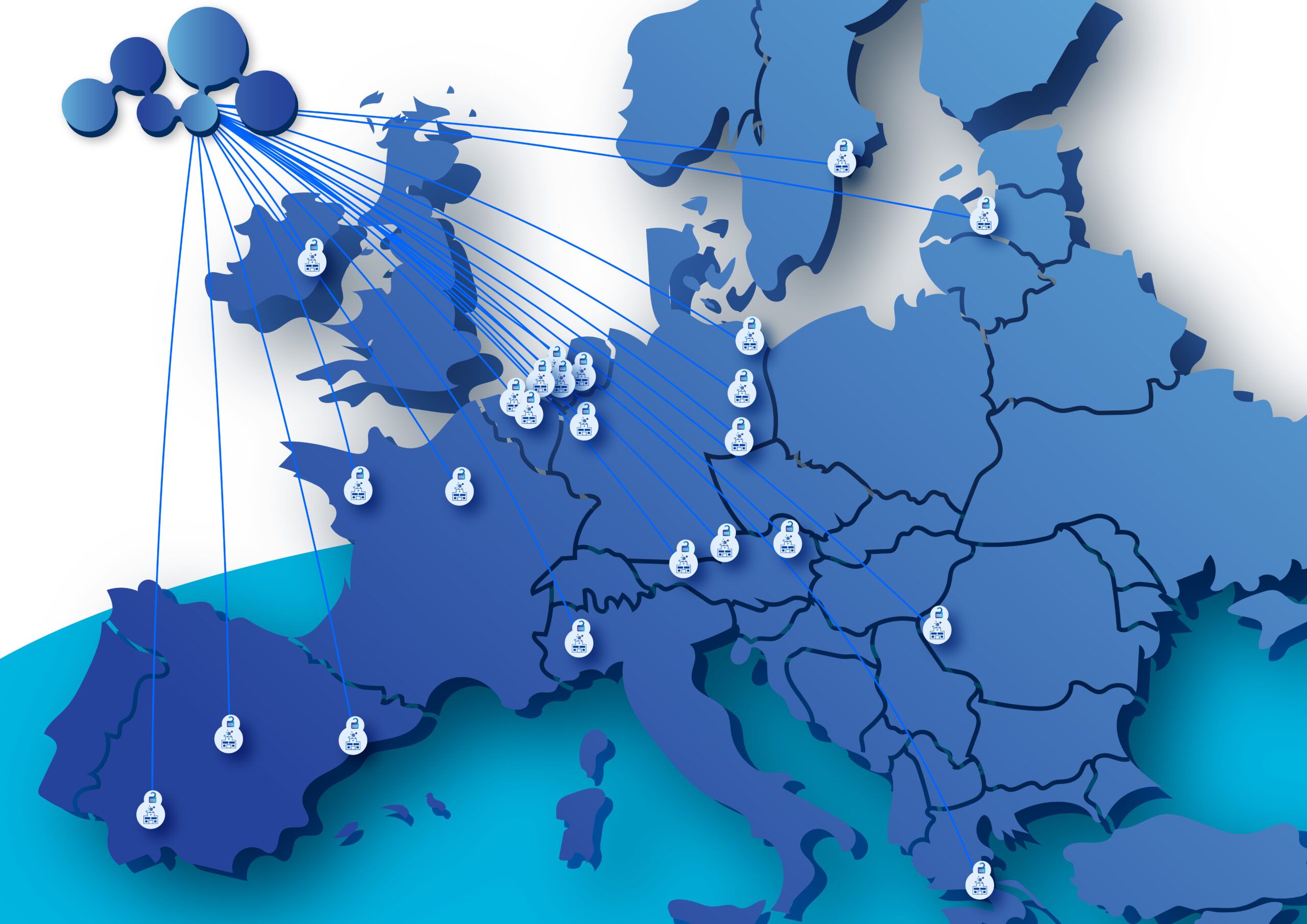Kick-off Meeting INDICATE Project – January 27-28, 2025
Hospital Universitario Virgen del Rocío, Seville
On January 27 and 28, 2025, the official kick-off meeting of the INDICATE project took place at Hospital Universitario Virgen del Rocío in Seville. This event brought together experts and project partners from 20 hospitals and 36 organizations in total to discuss the objectives and plans for the project.
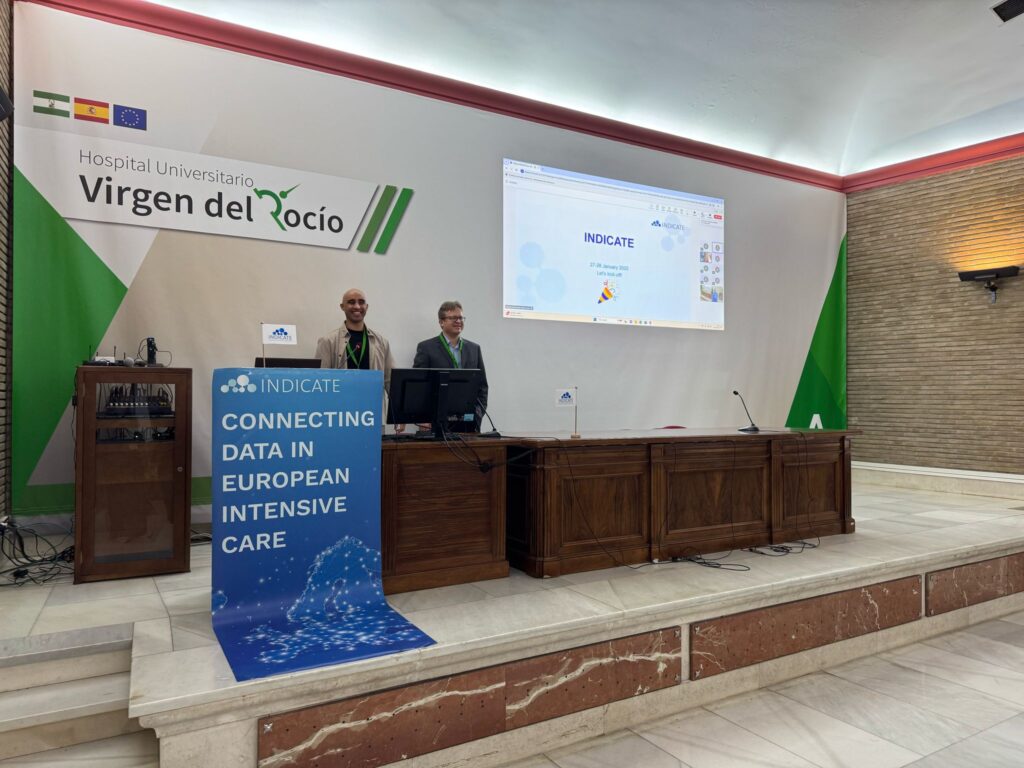
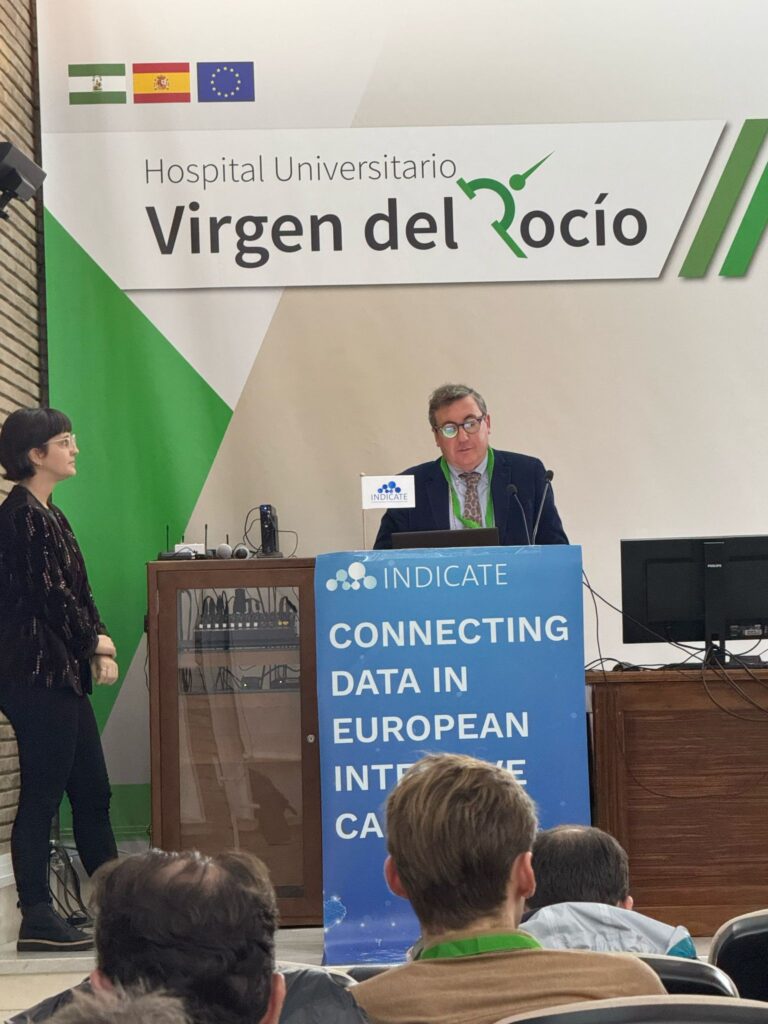
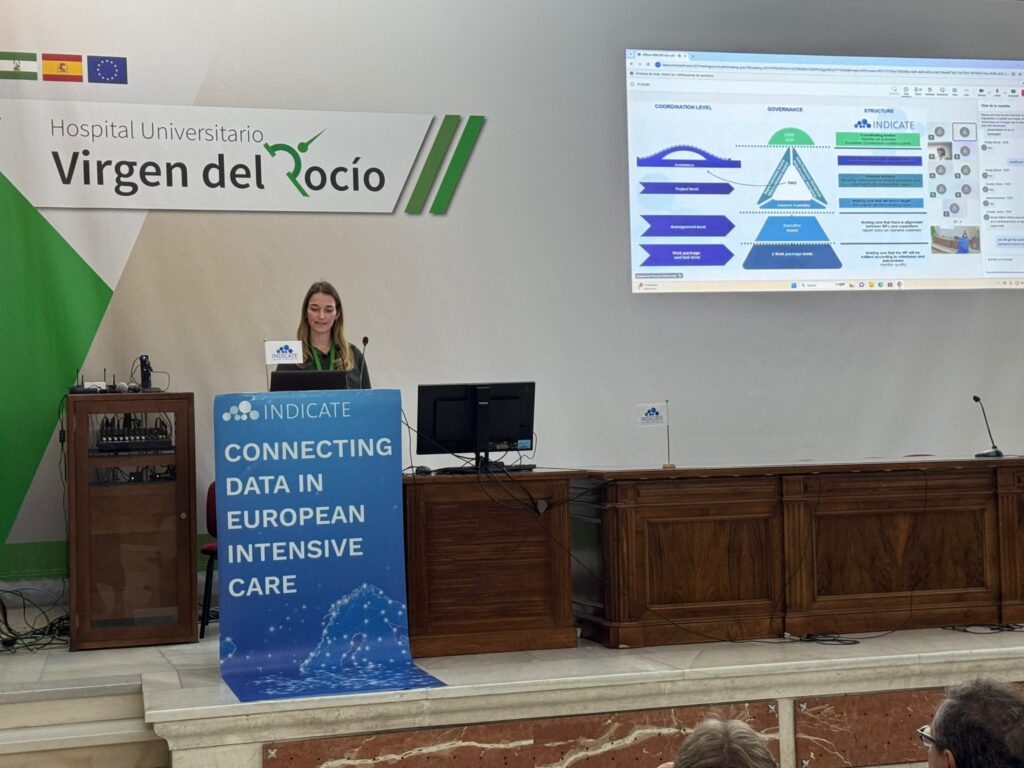
The two-day meeting started on Monday 27 January with a welcome speech from the project coordinators, Prof. Dr. Christian Jung and Dr. Michel van Genderen. They provided an overview of the project’s goals and its current status. Next, the Dean of the Servicio Andaluz de Salud presented insights on the role of Artificial Intelligence in Seville.
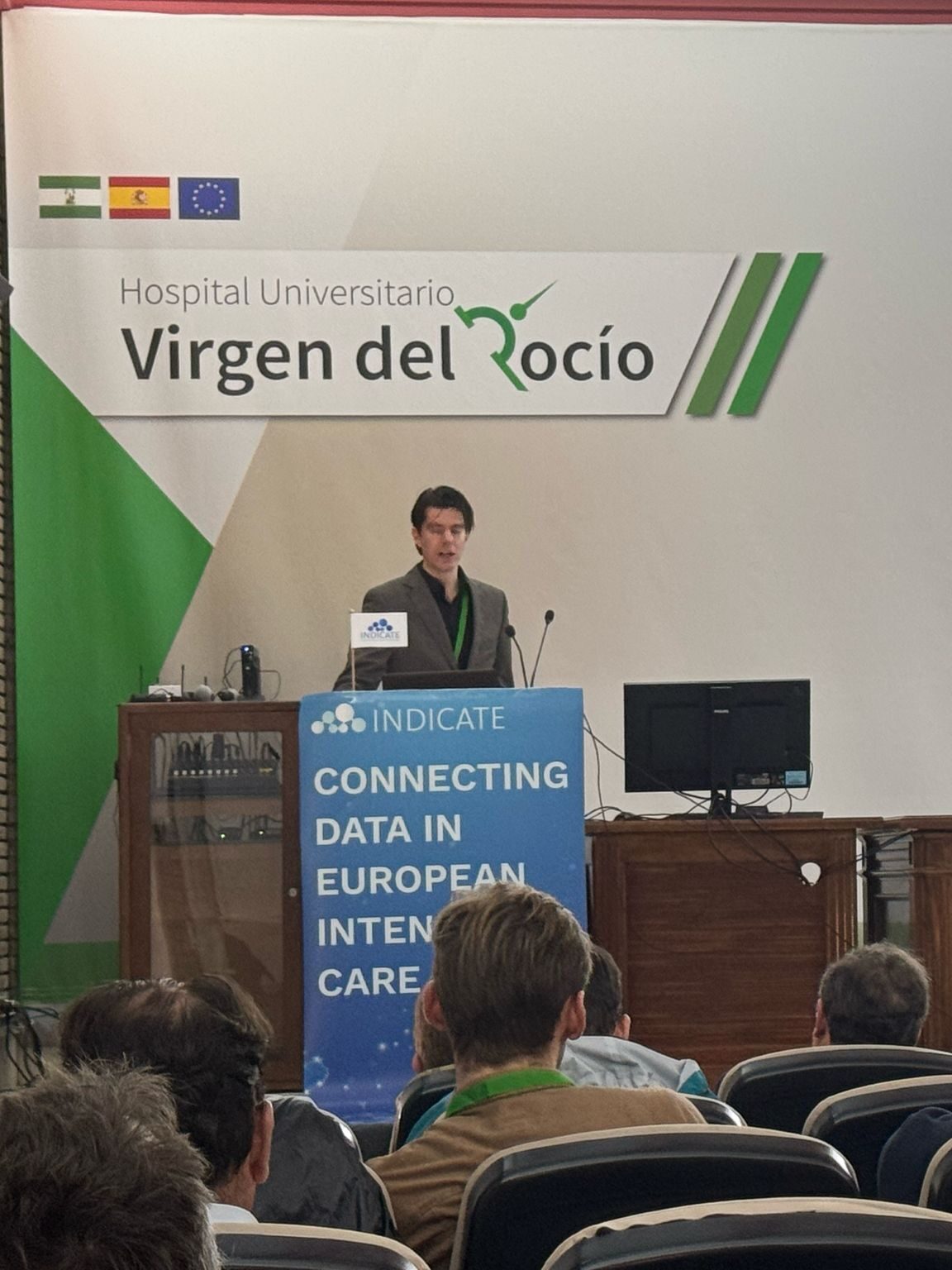
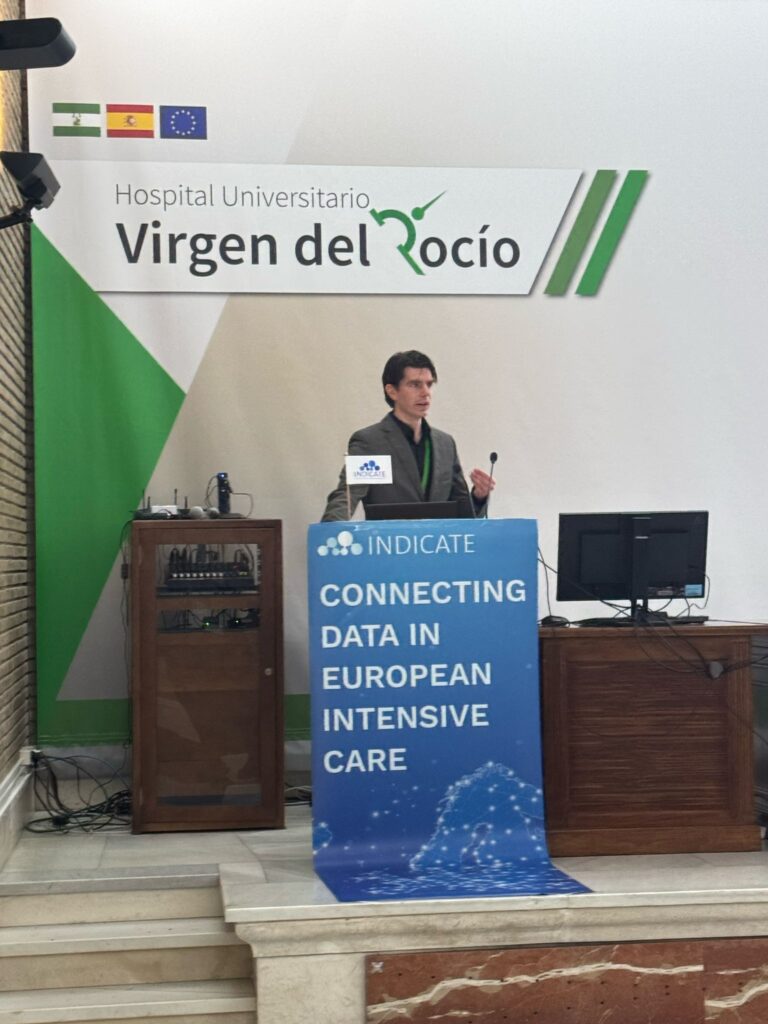
In the afternoon, an EU project officer gave a presentation on the European perspective, discussing funding opportunities and collaboration agreements between the consortium and the European Commission. After a short break, Maxim Moinat (Erasmus MC) introduced the OMOP Common Data Model, followed by Jan van den Brand (Erasmus MC), who gave a presentation on data architecture.
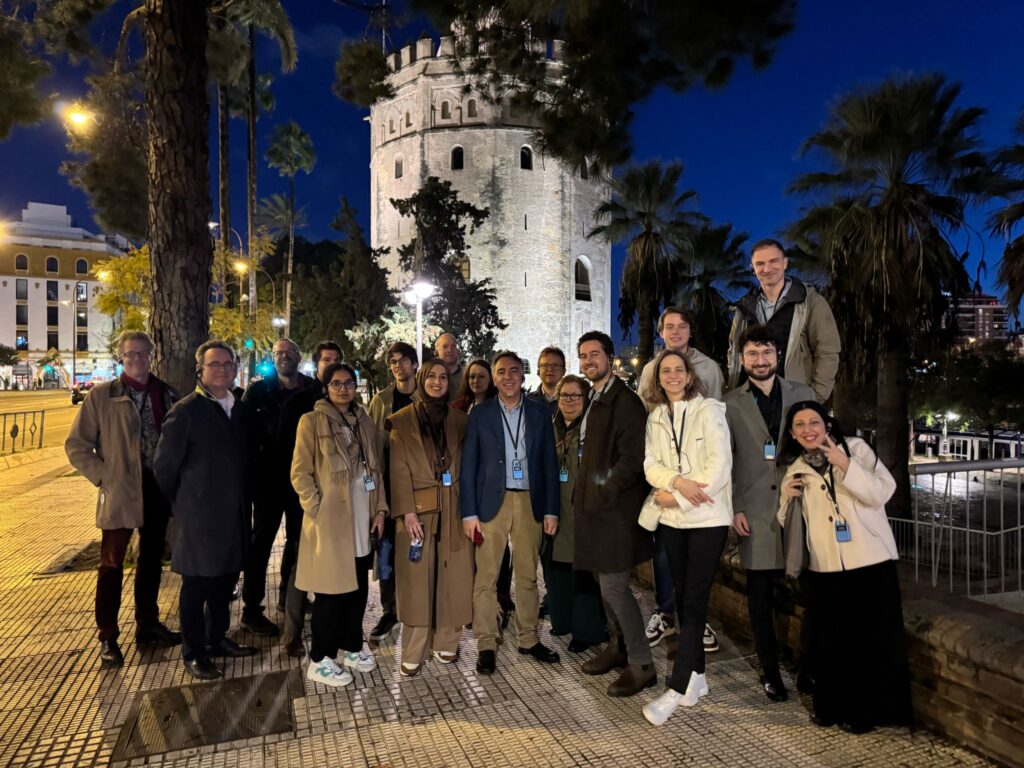
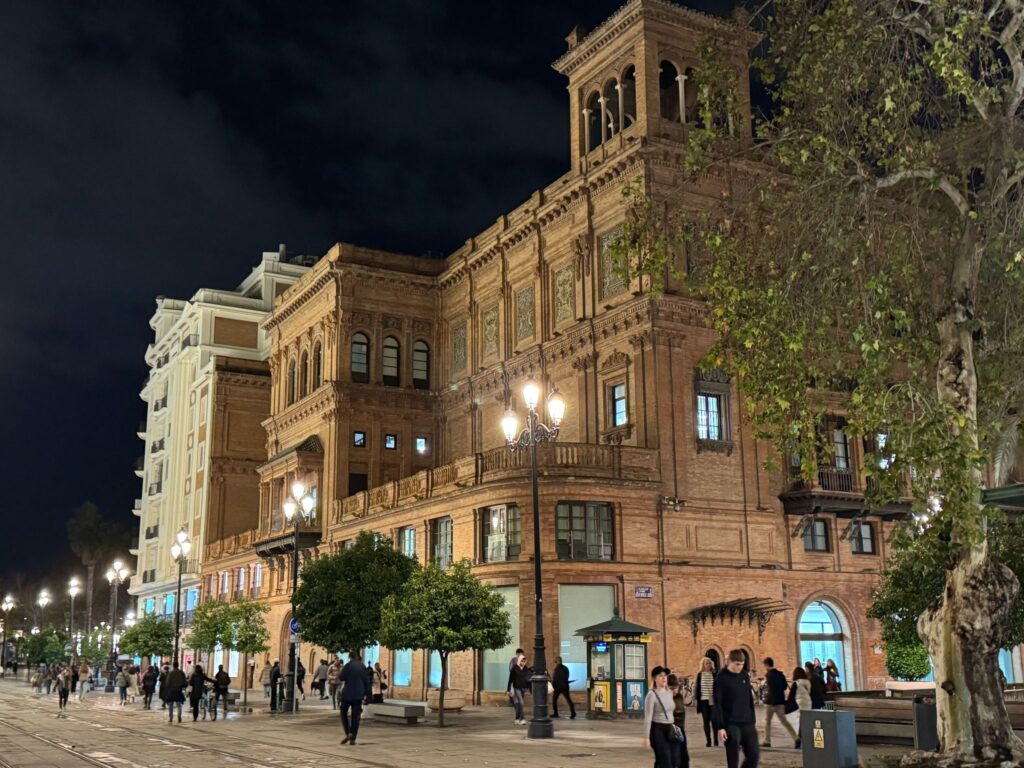
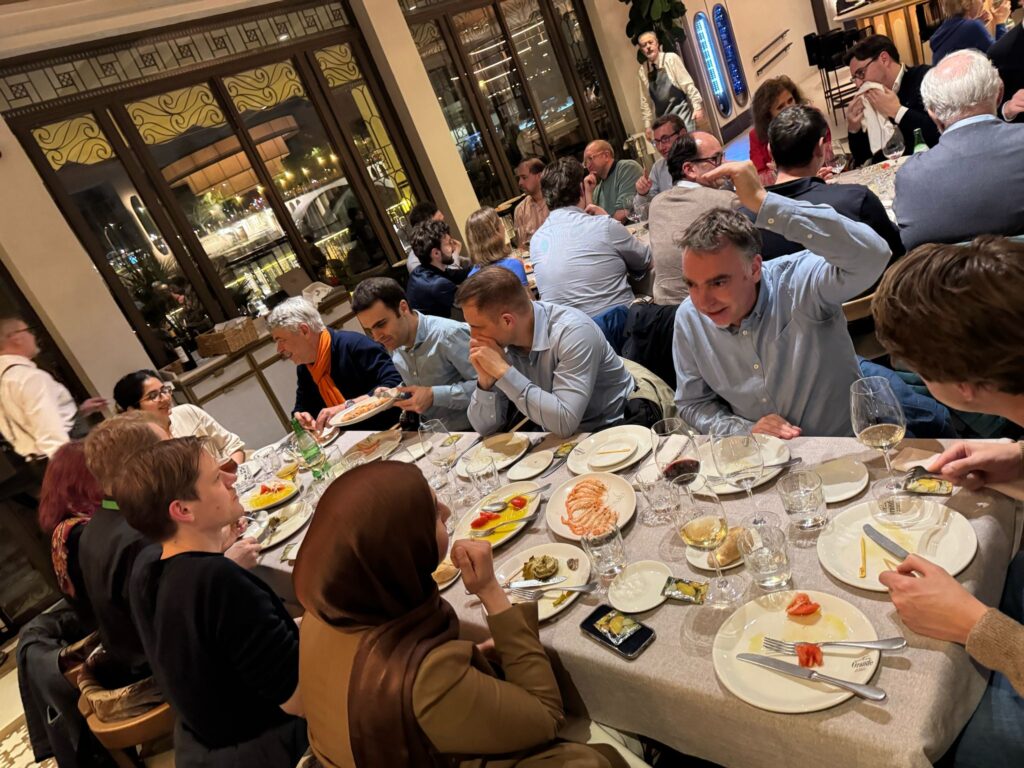
The day concluded with presentations from the first work packages, a summary of the discussions, and preparations for Day 2. Attendees also had the opportunity to tour the hospital. In the evening, participants enjoyed a guided city tour and an informal dinner at restaurant Rio Grande.
Highlights from Day 1 include:
- Opening remarks by Christian Jung and Michel van Genderen, our project coordinators
- Inspiring welcome by the Dean of the Servicio Andaluz de Salud – Dr. Cristina Suárez Mejías – Strategic Cabinet – Responsible for the Andalusian Health Service, on behalf of Mr. Ismael Vargas Pina – General Director for Information Systems and Communications
- Followed by insightful presentations by the ICU department head Rosario Amaya Villar followed by EU officer Alina Lupu who nicely explained the importance of the Indicate project and the potential of Virtual Human Twins in Europe
- Maxim Moinat (Erasmus MC OMOP Common Data Model expert) shared his data standardization insights
- And the European data space architecture was explained by Jan van den Brand – underscored by his quote: “People should have control over their health data” and “Data must be protected while enabling lawful access.”
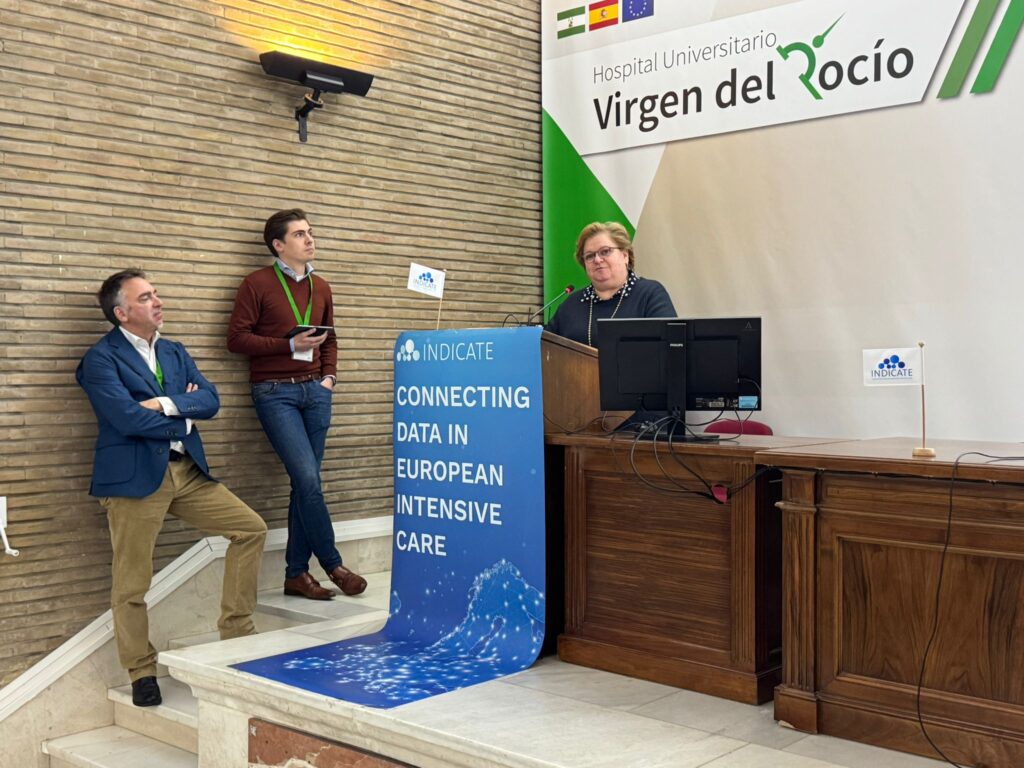
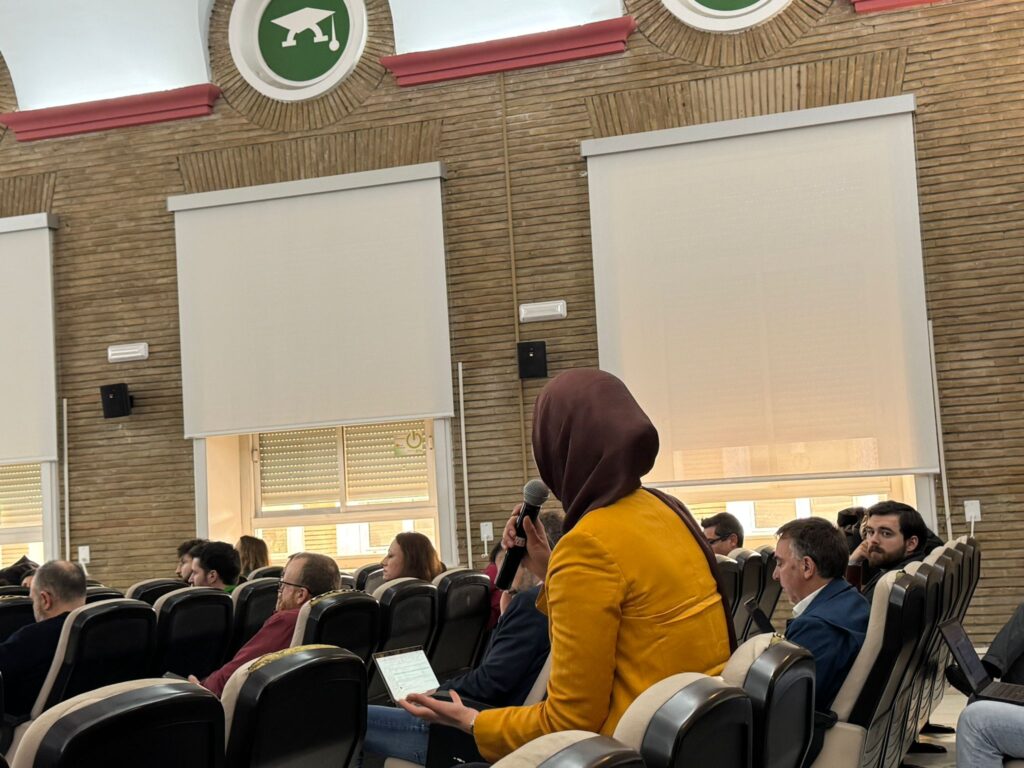
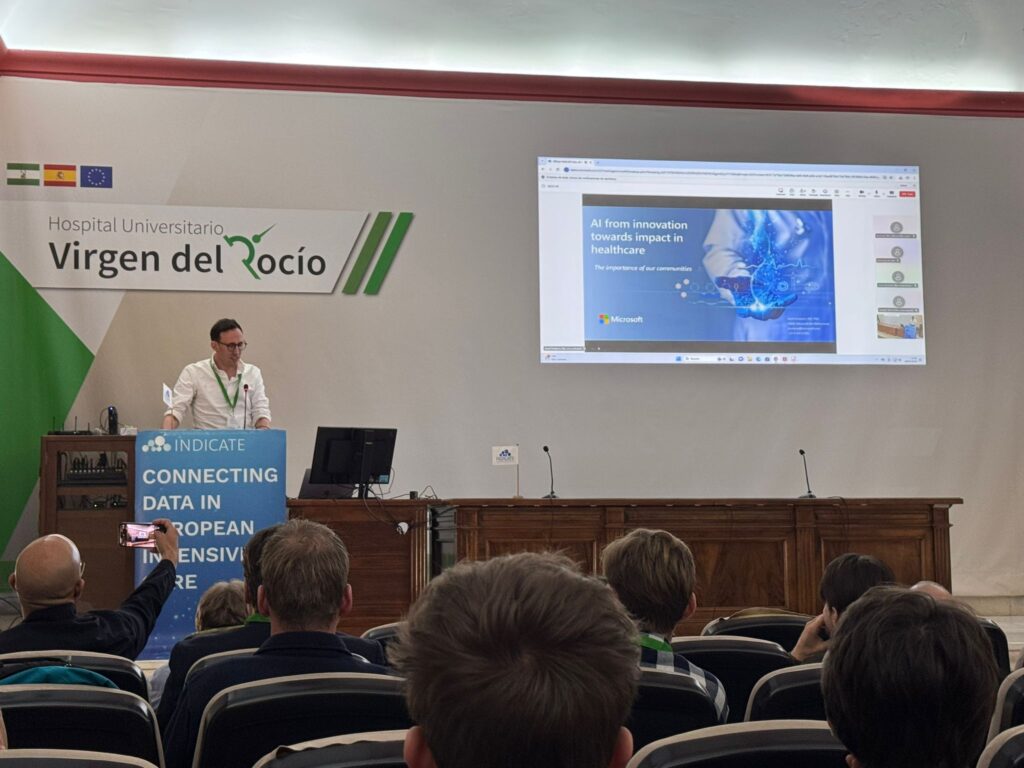
The second day Tuesday, January 28, 2025, began with a short introduction by the project coordinators, followed by presentations on various work packages, covering topics such as governance and business models, technical infrastructure, and dissemination, exploitation, and communication.
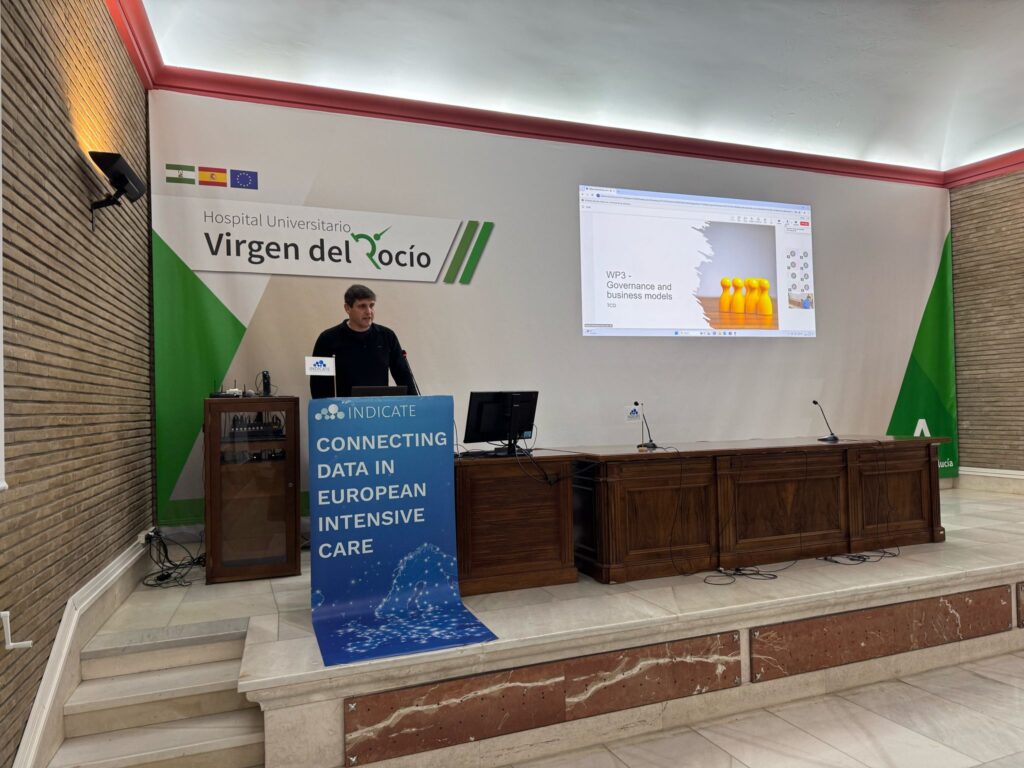
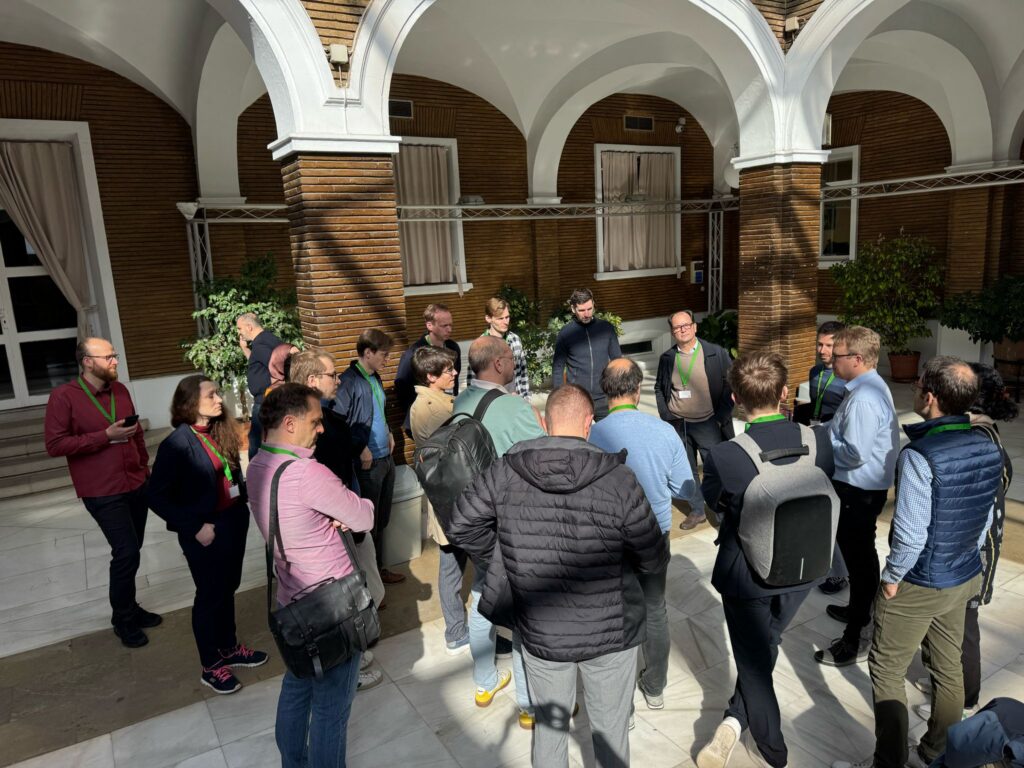
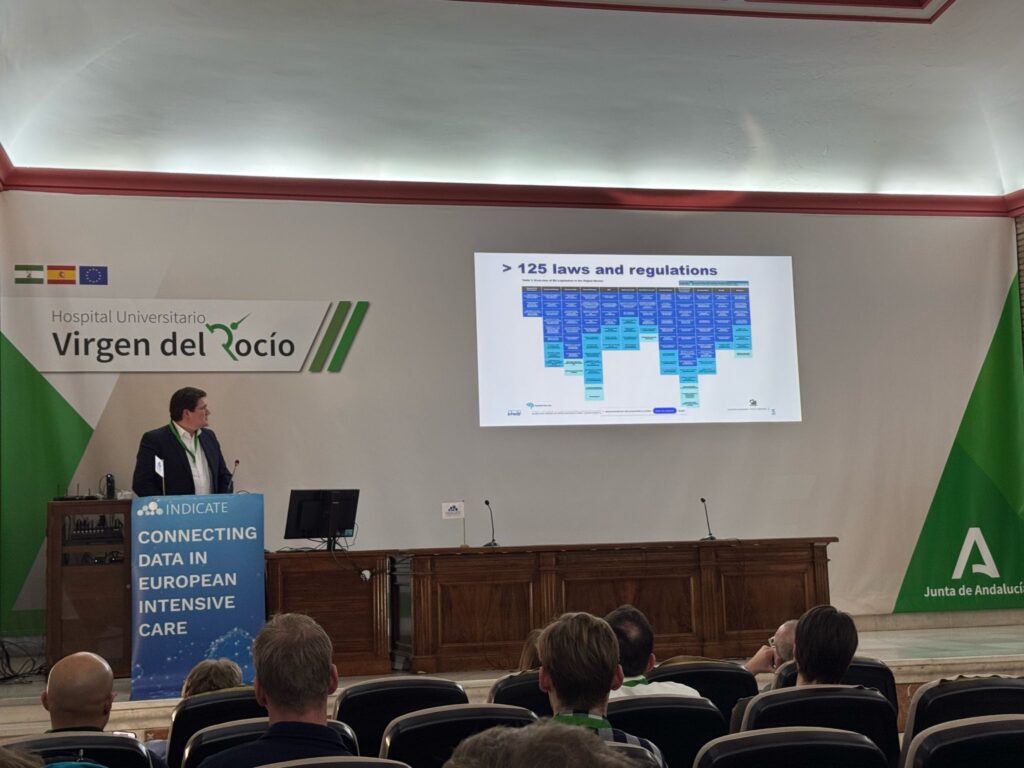
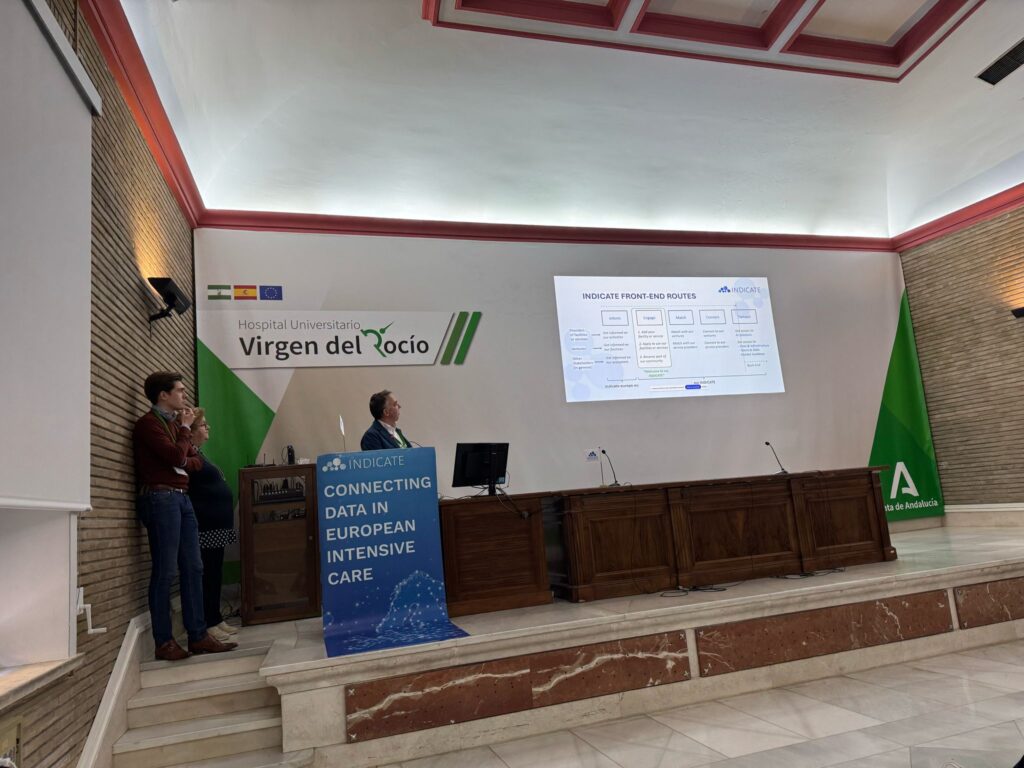
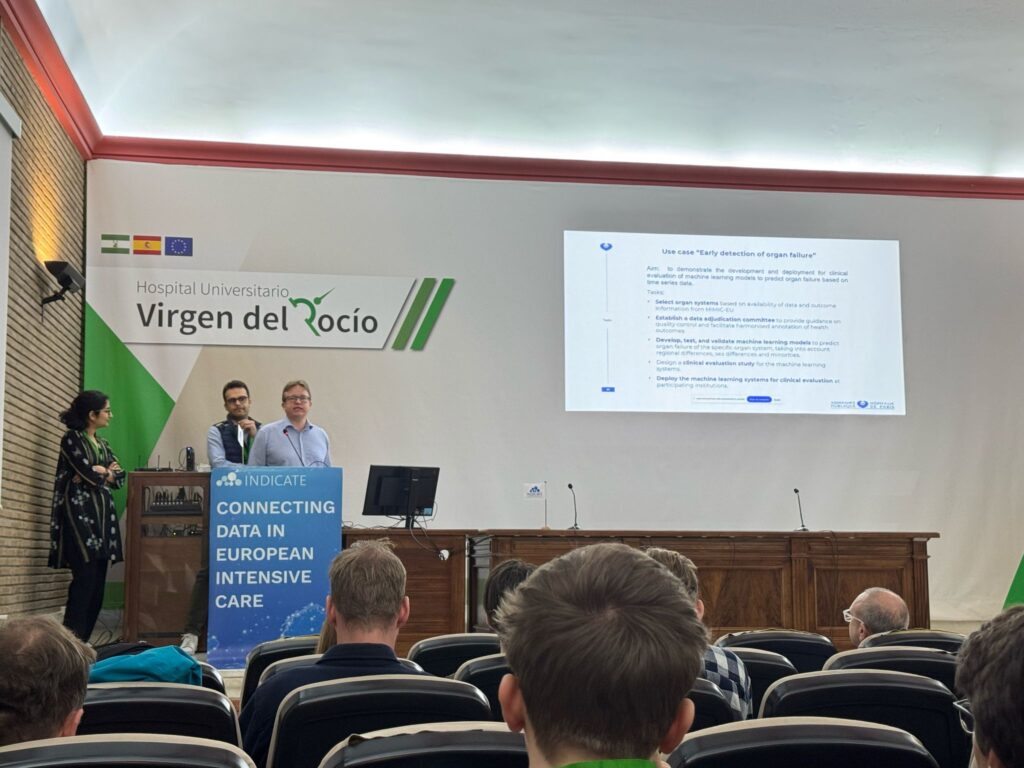
After a coffee break, clinical demonstrations were discussed, including use cases such as MIMIC-EU, early detection of organ failure, and prediction of neonatal and pediatric sepsis.
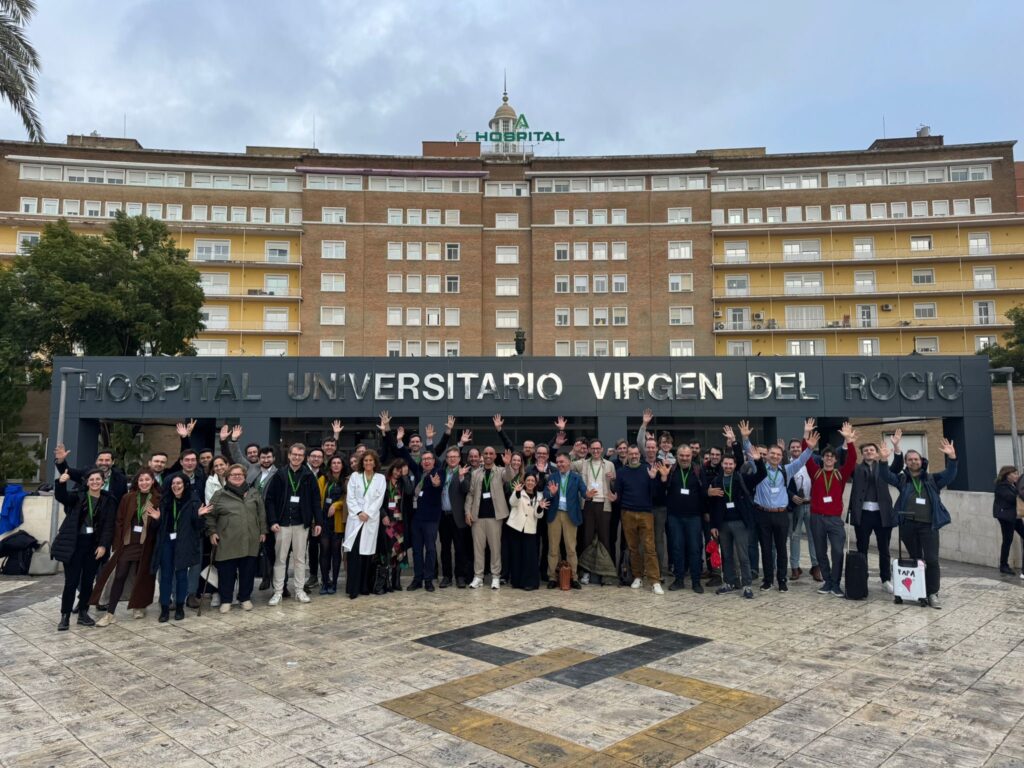
The meeting provided a valuable opportunity for partners to exchange knowledge, discuss plans, and establish a strong foundation for successful collaboration within the INDICATE project.
Read the full programme here.
